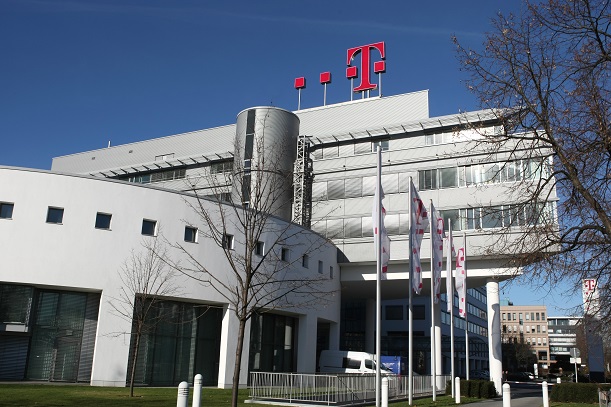Deutsche Telekom is co-founding a new Internet of Things focused lab in Dortmund with a specific stress on NB-IoT technology and solutions for manufacturing, logistics and aviation.
The operator is working with the Fraunhofer Institute for Material Flow and Logistics IML on the Open IoT Lab and will contribute three IoT specialists to the Institute’s six.
The team will contribute to new industry-specific solutions, Deutsche Telekom said, and will also open the lab to companies interested in developing IoT prototypes.
The two partners will explore requirements from interested parties and then develop and produce hardware, software and connectivity prototypes with a view to eventual mass-market deployments.
[Read more: Deutsche Telekom launches smart cities centre in Hungary]
Anette Bronder, Head of Digital and Security Department of Deutsche Telekom, said: “At Telekom Open IoT Labs, we will not be pursuing basic research. Instead, we will offer companies specific benefits by solving their problems using IoT solutions.
“All the technologies necessary for IoT solutions are in place. Now, we need to find application areas that will offer companies real value, in both the short and long terms.”
[Read more: Deutsche Telekom CTO looking to force 5G issue with new testbed]
Bronder added NB-IoT will lend itself particularly well to logistics, in addition to the Lab’s other areas of focus. Among NB-IoT’s advantages are the ability to give greater transparency to logistic companies’ supply chains, controlling the flow of material across different kinds of transport.
She said: “The logistics sector is moving very rapidly on digitisation. With IoT solutions, companies will be able to achieve high added value, in the short term, in a number of business processes.”
Deutsche Telekom is offering NB-IoT packages across Germany and the Netherlands, with work ongoing to increase the technology’s coverage in Austria, Croatia, Greece, Hungary, Poland and Slovakia.



